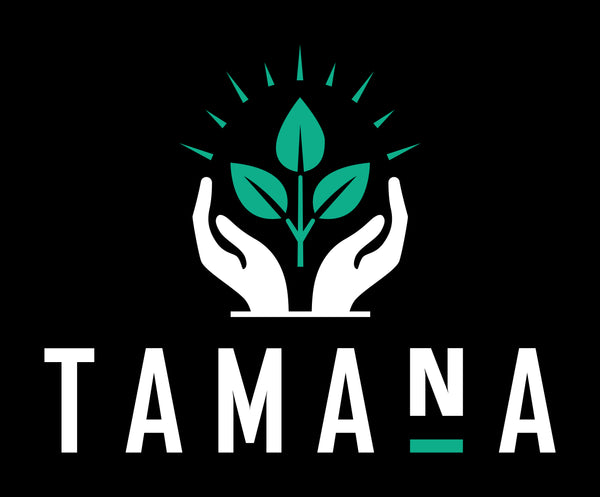
Health; A Personal and collective Responsibility
In an era of convenience and mass consumerism, maintaining good health has become a greater challenge than ever. The modern healthcare system in the United States, while advanced in many ways, often functions reactively, treating illness rather than preventing it. Much of this stems from a system built to prioritize profits over people, where processed foods and sedentary lifestyles are normalized, leading to a host of chronic diseases.
However, health is not just an individual pursuit. As parents, caregivers, and leaders, we carry the profound responsibility of modeling and promoting healthy choices for the next generation. The habits we cultivate, the food we prepare, and the values we impart shape the well-being of our children and, ultimately, our society.
The Responsibility of Parenthood
The role of a parent is not only to feed a child but to nourish them in every sense of the word—physically, mentally, and emotionally. This starts with being conscious of what we bring into our homes.
• Breaking the Cycle: In the U.S., the abundance of cheap, heavily processed foods laden with sugar, unhealthy fats, and additives has created an epidemic of childhood obesity and related illnesses. Parents are the gatekeepers who can break the cycle by choosing fresh, whole foods over convenience snacks.
• Leading by Example: It’s impossible to expect children to adopt healthy habits if they see their parents indulging in fast food or sugary sodas. Modeling a balanced, nutritious lifestyle is key, even though it demands effort and commitment to unlearning old patterns.
Learning from Other Cultures: Japan’s Approach
Countries like Japan offer valuable lessons in nurturing healthier communities. Japanese children are taught about food and health from a young age through a system designed not to make them patients but well-informed eaters:
• Food Education in Schools: In Japan, “shokuiku,” or food education, is an integral part of the curriculum. Students learn not only about the nutritional value of food but also about where it comes from, how it’s prepared, and its role in maintaining overall well-being.
• Balanced Meals: School lunches in Japan often include fresh, balanced meals featuring vegetables, fish, rice, and soup. Highly processed and sugary items are rare, setting a standard of healthful eating early on.
• Active Lifestyles: Alongside healthy diets, daily physical activity is encouraged, making movement a norm rather than a chore.
Where the U.S. Falls Short
The U.S. lags far behind in building a health-conscious culture. Consider these contrasts:
• School Lunches: While other nations focus on fresh ingredients, American school lunches are often packed with processed items like pizza, chicken nuggets, and sugary beverages. These choices are driven by cost efficiency rather than health.
• Healthcare Costs vs. Prevention: The healthcare system profits from treating preventable conditions such as Type 2 diabetes, heart disease, and hypertension, while preventive care, including education about diet and exercise, takes a backseat.
Awareness on the Rise
Despite these challenges, a wave of awareness is growing. Parents, educators, and communities are beginning to understand the necessity of reclaiming control over their health:
• Grassroots Movements: Families are turning to local farmers’ markets, planting their own vegetable gardens, and cooking more at home to reduce reliance on processed foods.
• Educational Initiatives: Some schools are implementing wellness programs, incorporating physical activities, and teaching kids about healthy eating.
• Advocacy for Change: Parents are demanding better options in schools and pushing for policies that support healthier lifestyles, such as banning certain additives or improving labeling.
A Call to Action
Creating a healthier future requires all of us to take ownership of our health and prioritize prevention over treatment. As adults, especially parents, this means investing in our well-being and actively teaching children to value theirs. It means questioning the systems in place, demanding better, and leading the way toward a more informed and health-focused society.
The responsibility is great, but so is the opportunity for transformation. By learning from cultures that prioritize wellness, embracing real food, and fostering awareness, we can rise above the status quo. Together, we can build a future where health is no longer a privilege but a standard—and where children are empowered to thrive, not simply survive.
